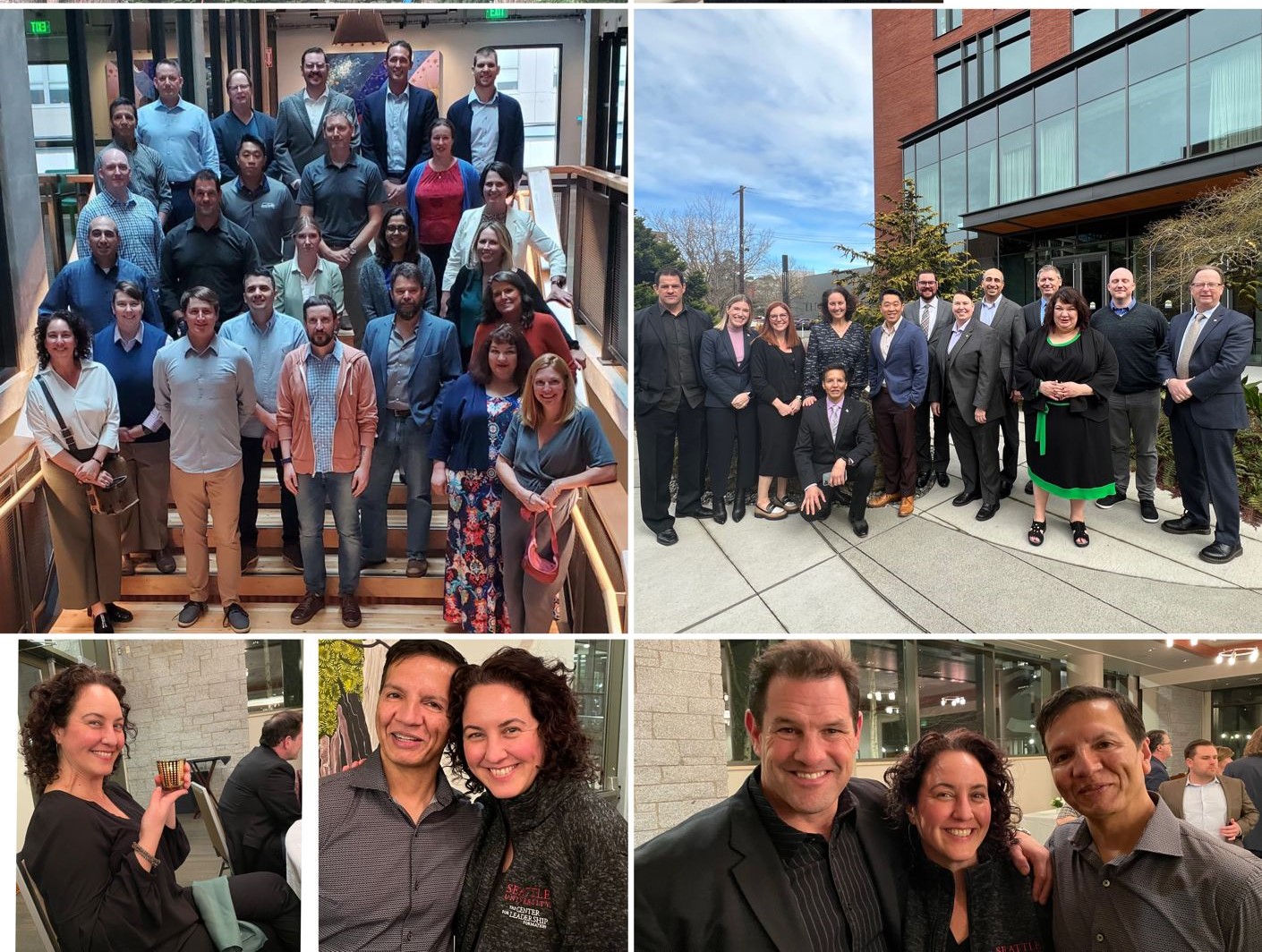Anurag Jindal's Pursuit of Growth Beyond the ER
/0x0:1160x740/prod01/channel_34/media/seattle-university/albers-school-of-business/news-and-events/albers-news/pov-blog/POV_Anurag-Jindal-1160-x-740.jpg)
After transitioning into a physician executive leadership role, Dr. Anurag Jindal faced challenges adapting to his new responsibilities. Recognizing gaps in his medical education and areas for growth, Jindal decided to enroll in Seattle University’s Leadership Executive MBA.
He explains, “[Medical school] doesn't teach you all the skills that are required to speak to the C-suite and to be able to understand all the lingo. There is no training, and I had no previous background.”
The LEMBA program is equipping Jindal with the foundational and advanced knowledge required to address these challenges. “I was struggling and that was why I joined this program,” he reflects.
From Medical Charts to Balance Sheets
Jindal explored several MBA options in the Pacific Northwest before concluding that the Albers programs stood out. After conversations with colleagues and his own research, Jindal decided the LEMBA program met all the items on his checklist.
“The Leadership Executive MBA program allows me to interact with different industry executives and leaders. I learn from their perspectives and how they deal with similar problems in their organizations. That was phenomenal for me. It cannot be duplicated anywhere else.”
The LEMBA curriculum includes risk-mitigation research assignments where students delve into real-life challenges from their careers. Drawing from his peers’ insights as well as his own, Jindal has gained a deeper understanding of the nuances within his industry and organization.
Reflecting on his growth in business acumen including finance and accounting, Jindal says, “[The professors] make it so simple for somebody like me to follow and be able to deliver an assignment. They should be awarded for that because I am not an easy candidate.”

Real-World Application
Jindal attributes a new practice to the program: intentionality.
As an emergency room physician, he was accustomed to a hustle mindset. However, the program taught him the importance of being present in his daily life rather than merely adhering to a schedule or to-do list. Jindal elaborates, “Now, there is intentionality to how much time I spend with my kids, with my husband, with work and with what needs to be done.”
The program has also helped Jindal recognize that he doesn’t always need immediate answers. Unlike his role in the emergency room, not all questions in his executive role require instant responses.
“I used to be reactive and respond right away,” Jindal reflects. He now has a mental checklist to guide his responses, “Do I need to respond to a certain question or a comment? Does that have to be me? Does it have to be now?”
Advancing Beyond the ER
After practicing as a physician for 15 years, the passage of the Affordable Care Act in 2010 accelerated healthcare’s shift to electronic medical records. When Jindal was offered the opportunity to lead this transition in 2010, he accepted the challenge. Despite having no background in informatics, his strong interpersonal skills earned him the respect and support of his colleagues who advocated for him to his superiors.
Recognizing his exceptional people skills, his superiors endorsed his new role. Jindal recalls, “They said, ‘Well, that is the only skill we are looking for. We are not looking for informatics. We'll train you in informatics.’ And that is how my journey started.”
As the organization expanded, so did Jindal’s role. Soon, he found himself overseeing 54 emergency rooms and 47 urgent cares across the organization.
“If you do a job well, people assume that you'll also be good as an executive. So that is how I got pulled into this role two years ago as Chief Medical Information Officer for all our hospitals in AK, WA and MT. And, that is where I had to step up my game—I had to do my MBA so that I can continue to be successful in my new role.”
Embracing Social Justice
Seattle University’s Jesuit approach and emphasis on social justice is something Jindal passionately supports, as he faced his own battles for social justice.
Jindal shares, “Being a gay cis male, there was a period of time when I didn't even know if I would have a family. So I was very laser-focused on getting a family, getting married and having kids. My life was pretty busy and full, so I did not have any bandwidth to focus on social justice.”
The program allowed Jindal to reflect on social justice issues and his advocacy efforts. “It opened my eyes to the privilege that I have through so many lenses. Being a physician is a privilege in itself, it negates all the other things where I thought I might be marginalized.” Raising his two children with diverse identities further deepened Jindal’s understanding of his privilege and role in the system.
Within his predominantly female team, Jindal encourages open discussion about marginalized communities. “Doing so unleashed so much passion. I am so proud that my team was able to confide in me. I am going to continue doing that for them and encourage them to talk about it because nobody talks about it”, Jindal shares.
Reflecting on his leadership, Jindal notes, “I am their leader, and for them to be able to talk to me without fear, it was just amazing. I would not have been able to do that if I had not been to Seattle University.”
Jala Byrd
November 18, 2024